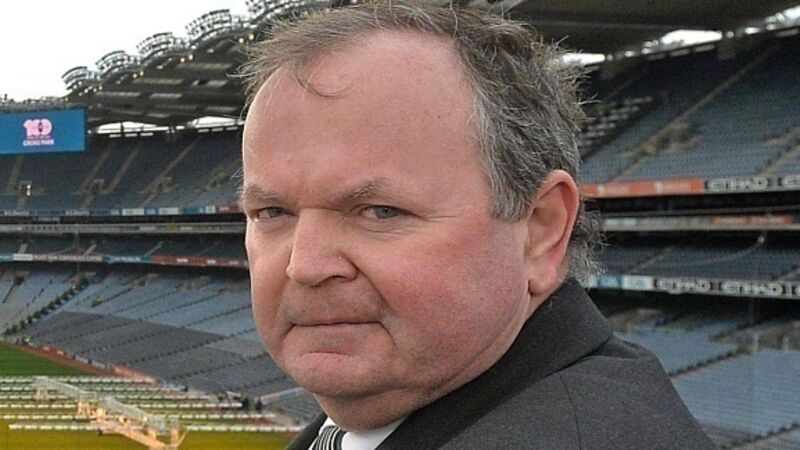O’Neill teaching us a vital lesson

Considerable, you might think, if it weren’t for his predecessor Christy Cooney’s 9,500 words three years previous.
It’s become the standard for GAA presidents to present their longest speeches in their second and penultimate year in office.












